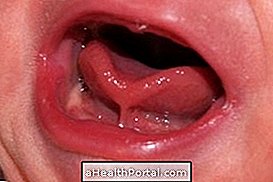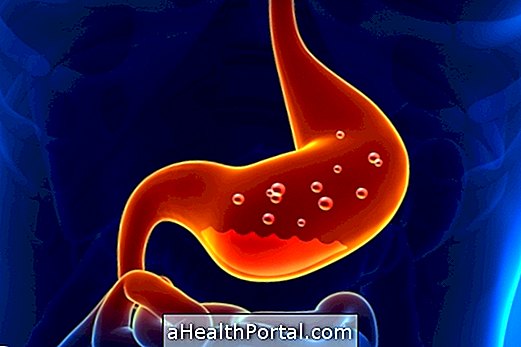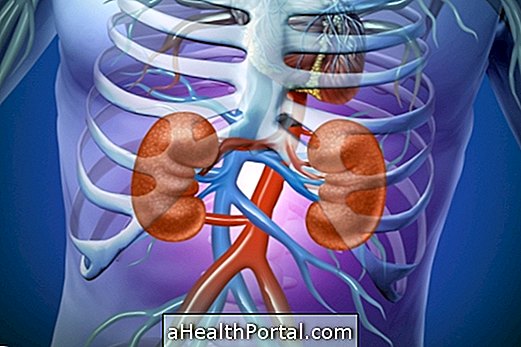Renal failure is the inability of the kidneys to filter the blood in order to eliminate substances that can be toxic to the body when they are in high concentrations in the blood, such as urea and creatinine, for example. The change in the functioning of the kidneys can happen due to dehydration, sepsis or kidney damage due to the presence of stones in these organs.
In general, kidney failure can be classified into two according to the speed with which there is a loss in the functioning of the organ and the onset of symptoms:
- Acute renal failure, in which there is a rapid reduction in renal function;
- Chronic renal failure, in which there is a gradual loss of kidney function, leading to the onset of progressive symptoms.
Generally, acute renal failure is curable, but chronic renal failure is not always curable and treatment is usually done through hemodialysis or kidney transplantation to improve the patient's quality of life and promote well-being.

Symptoms of kidney failure
The symptoms of kidney failure appear as the kidney's filtering capacity decreases, the main ones being:
- Little urine;
- Dark yellow colored urine with a strong scent and foam;
- Frequent tiredness;
- Feeling of shortness of breath;
- Pain in the lower back;
- Swelling of the legs and feet;
- High pressure;
- Fever higher than 39ºC;
- Lack of appetite;
- Nausea and vomiting;
- Frequent cramps;
- Tremor, especially in the hands;
- Tingling in the hands and feet;
- Small lumps on the skin.
When observing these symptoms, it is advisable that the person consult the nephrologist or general practitioner so that an evaluation of the symptoms can be made and tests can be requested to help assess the functioning of the kidney and, thus, be possible to start the most appropriate treatment.
The diagnosis of renal failure is made by means of blood tests, such as the measurement of creatinine, urea, sodium and potassium, and urine tests in order to identify the presence of proteins in the urine, which is indicative of changes in the functioning of the urine. kidneys. In addition, the doctor may indicate the performance of imaging tests, such as ultrasound, magnetic resonance imaging or computed tomography for the severity of the change.

Main causes
Renal failure can happen as a consequence of some situations that in the short, medium or long term can impair the functioning of the kidneys, the main ones being:
- Decreased amount of blood in the kidney, due to dehydration, kidney malfunction or low blood pressure;
- Kidney damage due to kidney stones or toxic substances like drugs;
- Interruption of the passage of urine, caused by an enlarged prostate or the presence of a tumor.
- Sepsis, in which bacteria reach the kidney and other parts of the body, which can cause damage to the organ;
- Polycystic kidney disease, which is characterized by the presence of several cysts in the kidney, which can impair its functioning;
- Use of medications and protein supplements in excess, as they may cause damage to the organ or interfere with one of its functions;
- Hemolytic-uremic syndrome, which is a disease caused by a toxin produced by some bacteria and which results in blood vessel damage, hemolytic anemia and progressive loss of kidney function
The people who are most likely to develop kidney failure are those who are diabetic or hypertensive and who do not follow the proper treatment indicated by the doctor. In addition, family history of kidney problems or people who have had a transplant before or are over 60 years of age are also more likely to develop this disease. Learn about other causes of kidney failure.
How the treatment is done
Treatment for renal failure should be guided by the nephrologist and nutritionist, and can be done at home or in the hospital, depending on the severity of the disease.
Most of the time, the treatment is done with the use of antihypertensive and diuretic remedies, as this way it is possible to favor the elimination of toxic substances that may be accumulated in the body.
In the most severe cases, especially in chronic renal failure, it may be necessary to perform kidney transplantation or undergo hemodialysis, which is a procedure that aims to filter the blood, removing all impurities that the kidneys cannot filter.
In addition, during treatment for kidney failure, it is important that the person follows a diet indicated by the nutritionist, which should be a diet rich in carbohydrates and low in protein, salt and potassium, as this is how it is possible to prevent kidney overload. See more details of the diet for kidney failure.
Check out the following video for more tips on eating during the treatment of kidney failure:

Was this information helpful?
Yes No
Your opinion is important! Write here how we can improve our text:
Any questions? Click here to be answered.
Email in which you want to receive a reply:
Check the confirmation email we sent you.
Your name:
Reason for visit:
--- Choose your reason --- DiseaseLive betterHelp another personGain knowledge
Are you a health professional?
NoMedicalPharmaceuticalsNurseNutritionistBiomedicalPhysiotherapistBeauticianOther
Bibliography
- MINISTRY OF HEALTH. Clinical guidelines for the care of patients with chronic kidney disease - RCD in the single health system. 2014. Available at:. Accessed on 19 Mar 2021
- EBSERH. Acute Renal Failure. Available in: . Accessed on 19 Mar 2021
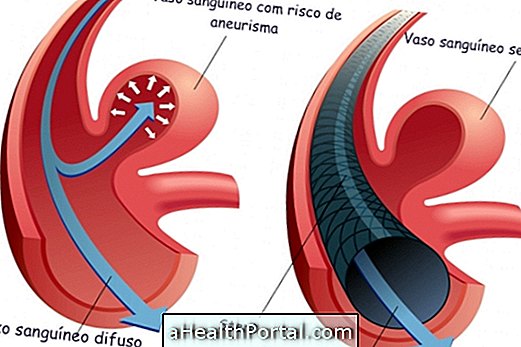








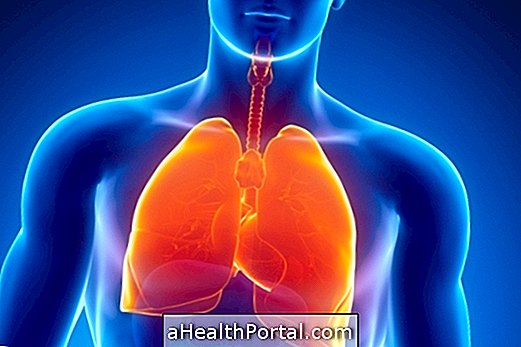
.jpg)
